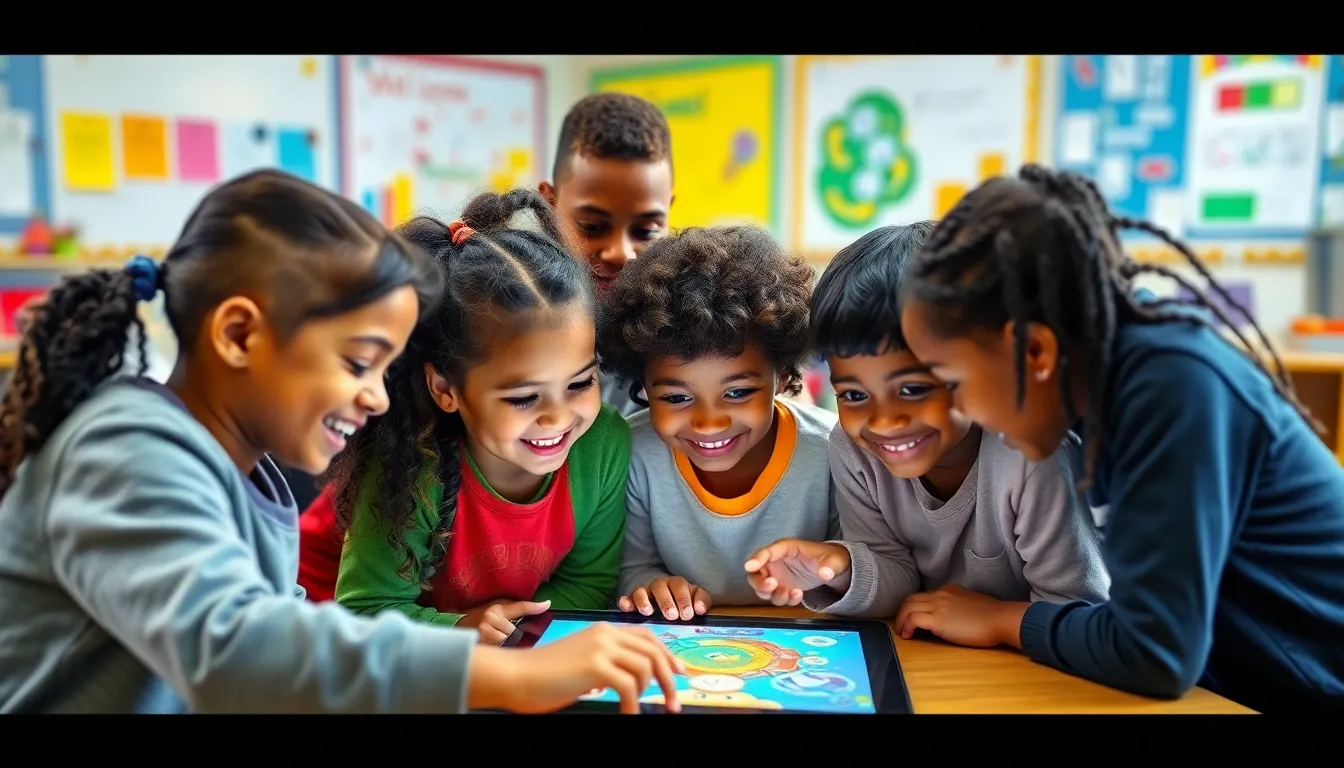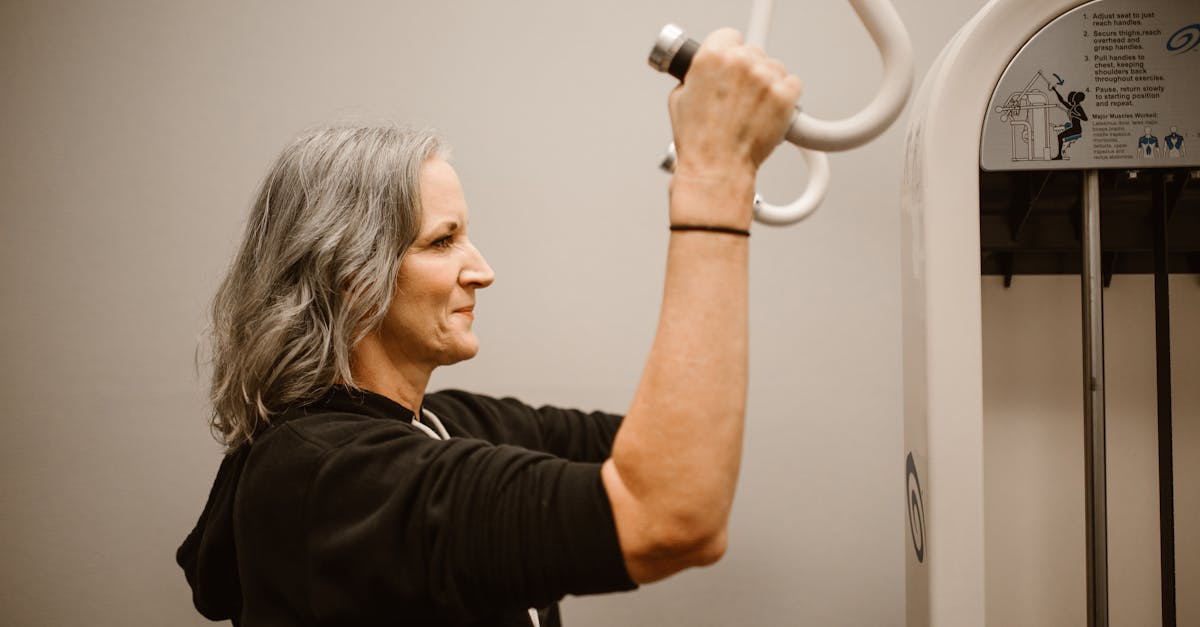Table of Contents
ToggleIn a world where parents hover like helicopters, ready to swoop in at a moment’s notice, the quest for balance in education has never been more crucial. Helicopter parenting might sound like a fun ride at an amusement park, but it often leaves kids feeling grounded instead of soaring. With the right educational resources, parents can learn to let go just enough to let their children thrive.
Understanding Helicopter Parenting
Helicopter parenting involves parents who closely monitor and manage their children’s lives. This approach can limit children’s independence and hinder their development.
Definition and Characteristics
Helicopter parenting defines a style where parents exert excessive control and involvement in their children’s daily activities. Characteristics include constant supervision, involvement in schoolwork, and making decisions for their children. Parents may intervene in conflicts with peers or teachers. This behavior often stems from a desire to protect children from failure or disappointment. Children subjected to helicopter parenting may struggle with self-reliance and decision-making skills.
Historical Context
Helicopter parenting emerged in the late 20th century alongside changing societal dynamics. Increased awareness of childhood safety and shifting educational expectations contributed to its rise. Parents often perceive a need to be more involved in their children’s lives due to evolving perceptions of risks. This style gained prominence during the 1990s with the advent of technology, which allowed parents to monitor their children more easily. Cultural shifts toward valuing achievements further reinforced the tendency to engage deeply in children’s lives.
Impact on Children’s Development
Helicopter parenting significantly influences children’s growth and development. Over-involvement can lead to various adverse effects on both psychological and academic domains.
Psychological Effects
Helicopter parenting often results in increased anxiety among children. Children raised in such environments struggle with self-esteem due to constant parental control. They may develop a fear of failure, which hinders their willingness to take risks. This behavior leads to reliance on parents for decision-making and limits their emotional resilience. Researchers highlight that overly involved parenting can hamper children’s ability to cope with challenges, affecting their long-term mental health.
Academic Outcomes
Academic performance can also suffer under helicopter parenting. Students may experience difficulties in developing critical thinking skills due to a lack of independence. They often rely on their parents for homework completion, inhibiting their learning processes. Data from educational studies indicates that children with less autonomy show lower levels of academic motivation. Lack of personal responsibility often correlates with decreased achievement in school settings.
Educational Resources for Helicopter Parenting
Educational resources can help parents understand the effects of helicopter parenting and encourage healthier parenting styles. By utilizing these tools and strategies, parents can foster independence in their children while remaining supportive.
Tools for Parents
Online courses offer education on effective parenting techniques. Websites such as Parenting Science and The Positive Discipline Association provide articles and workshops tailored for helicopter parents. Apps like Sittercity help parents monitor their children’s activities while promoting healthy social interactions. Books on emotional intelligence and self-efficacy also serve as valuable resources, guiding parents to balance involvement and autonomy. Additionally, community workshops create local support networks for parents seeking guidance.
Strategies for Balancing Involvement
Setting boundaries encourages independence and responsibility in children. Assigning age-appropriate tasks allows kids to experience consequences and gain problem-solving skills. Encouraging open communication fosters trust and understanding, enabling children to express their thoughts and feelings. Parents can gradually lessen supervision while still providing constructive feedback, reinforcing autonomy. Seeking feedback from educators about children’s performance also helps parents adjust their involvement. Mindfulness practices may assist parents in recognizing when control becomes excessive, ensuring a balanced approach.
Alternatives to Helicopter Parenting
Finding alternatives to helicopter parenting supports children’s growth and independence. Several approaches foster a balance between guidance and autonomy.
Encouraging Independence
Promoting independence starts by allowing children to make their own decisions. He can begin by assigning age-appropriate responsibilities, such as managing their homework or planning a small outing. Encouraging problem-solving skills aids in their development. When kids encounter obstacles, he should step back and provide guidance rather than giving direct solutions. Celebrating their successes reinforces their self-esteem. Giving constructive feedback during setbacks helps them learn resilience. This approach cultivates self-reliance and boosts their confidence to handle challenges.
Supportive Parenting Styles
Adopting supportive parenting styles fosters connection and trust. She can practice authoritative parenting, which balances warmth and structure. Maintaining open lines of communication allows children to express their feelings and concerns comfortably. Encouraging children to engage socially promotes relationships and reduces dependence on parents for validation. Allowing them to face appropriate challenges teaches valuable life lessons. Actively listening to their thoughts fosters mutual respect and strengthens the parent-child bond. This supportive framework cultivates emotional intelligence and resilience, preparing children for future independence.
Navigating the complexities of parenting can be challenging especially when it comes to finding the right balance between involvement and independence. Recognizing the signs of helicopter parenting is crucial for fostering a child’s growth and self-reliance. By utilizing the educational resources available parents can gain insights into healthier parenting styles that encourage their children to thrive.
Embracing strategies that promote independence not only benefits children but strengthens the parent-child relationship. As parents learn to step back and allow their children to face challenges they empower them to develop critical life skills. This journey toward balanced parenting ultimately leads to happier and more resilient children ready to take on the world.







